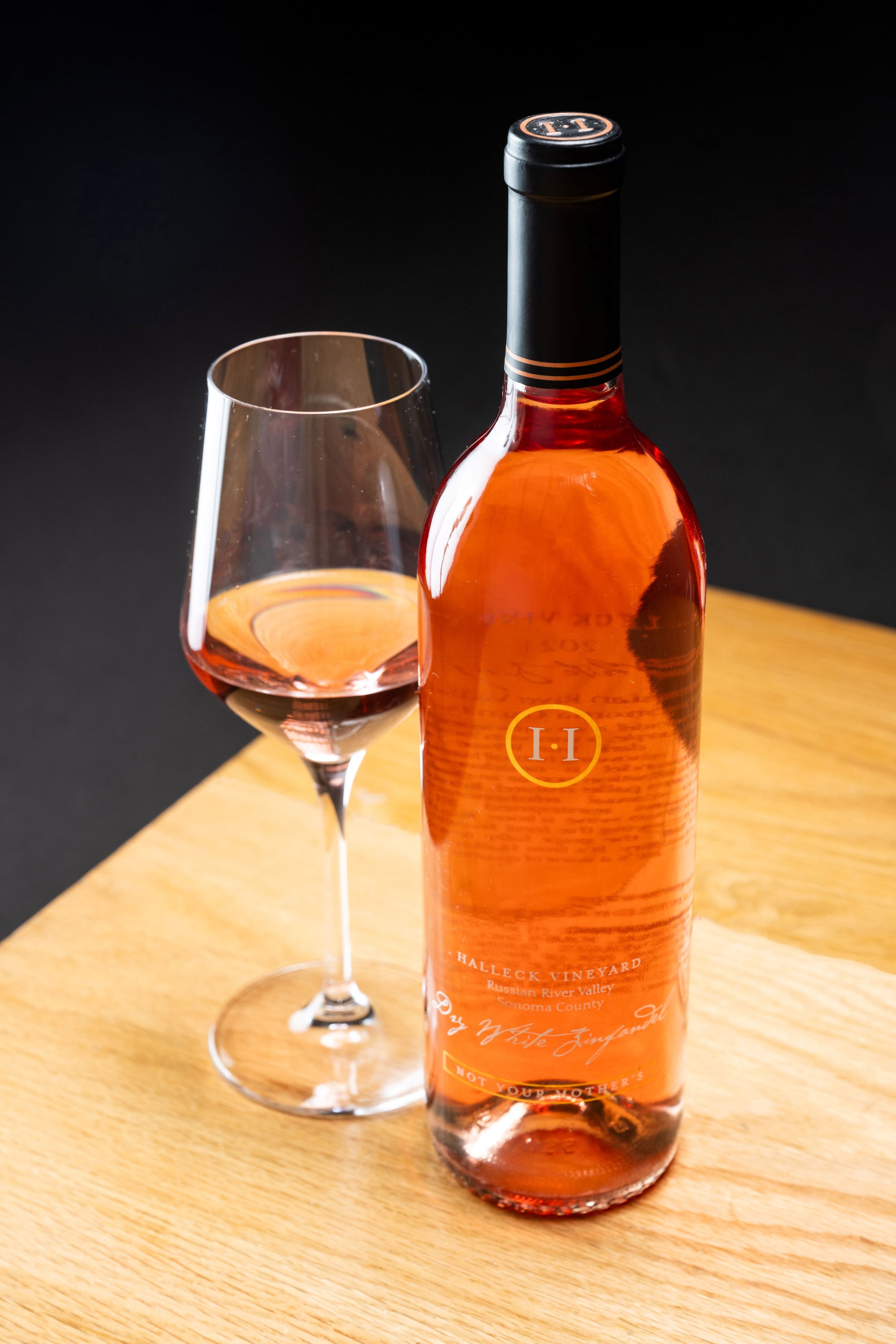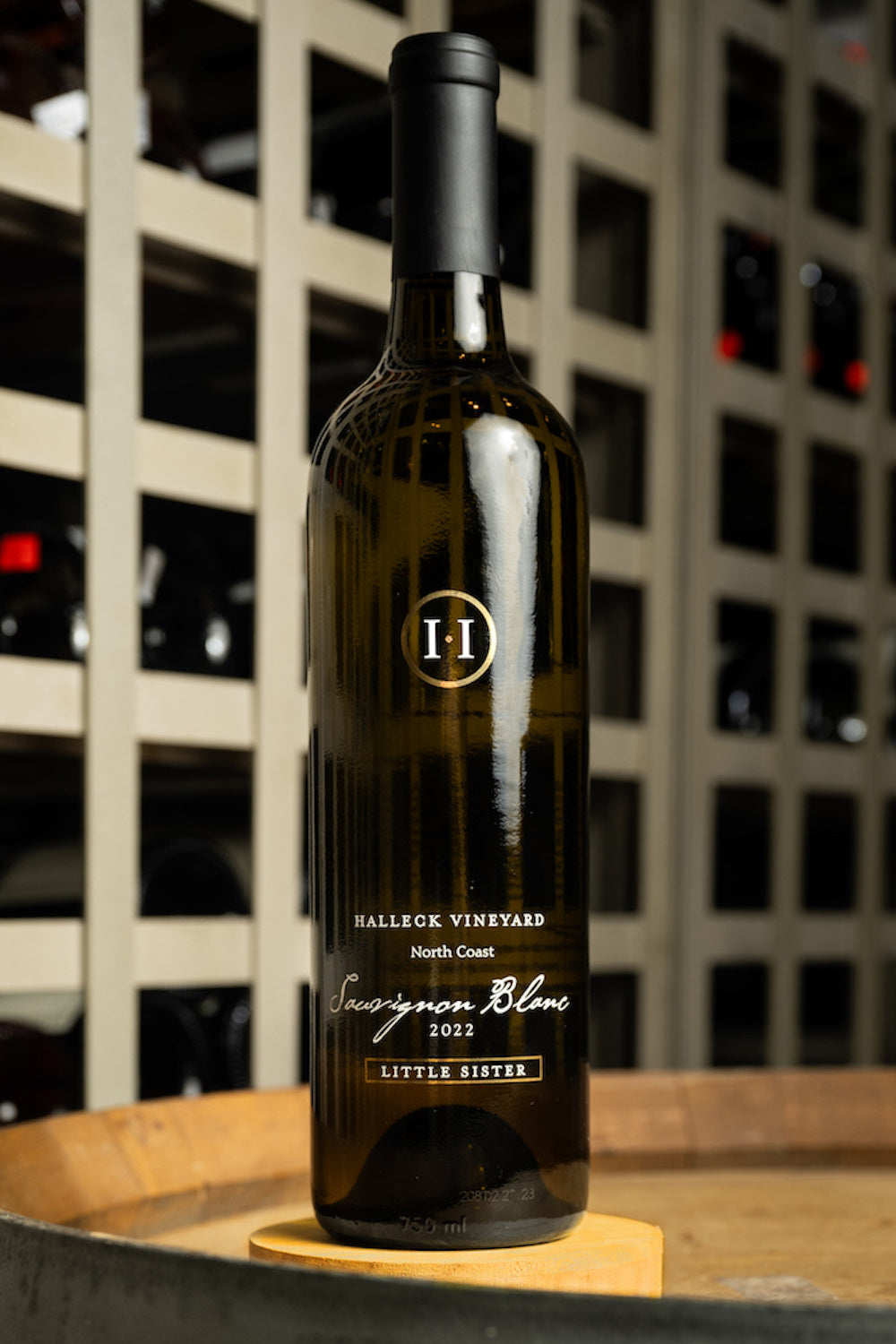Wineries With Artisan Chocolate Pairings In Sonoma - Sonoma County's Best Wine Experiences
Wineries With Artisan Chocolate Pairings In Sonoma - Sonoma County's Best Wine Experiences
Blog Article
Artisan Wineries In Russian River Valley - Winery In The Sonoma Wine Region
Wine tasting is commonly thought to be an art kind, one which goes beyond merely having fun with a beverage. It embraces a posh interplay of flavors, aromas, and textures that requires dedicated practice to really master. Many who venture into the world of wine tasting shortly understand that it entails rather more than simply sipping wine. Enhancing sensory skills via dedicated winery wine tasting can elevate the experience, transforming an informal drinking occasion into a classy exploration of the senses.
At a primary stage, wine tasting engages the senses of sight, smell, taste, touch, and even sound. Each part plays a crucial function in appreciating the nuances of a wine. When one first pours a glass of wine, the rich hues can present initial insights into its age and varietal. Observing the color and clarity helps kind expectations about the wine's flavor profile. Many don’t totally appreciate how this visual evaluation can set the stage for what is to follow.
The subsequent step is to have interaction the sense of odor. Swirling the glass aerates the wine, permitting its unstable compounds to flee and fill the air with its bouquet. The nose entails some fascinating layers—different aromas can sign varied elements of the winemaking process, together with the kind of grapes used, fermentation strategies, and getting older circumstances. Growing a keen sense of smell could be a game-changer in wine tasting.
Off The Beaten Path Wineries In Sonoma - Sonoma Wineries With Vineyard Views
To improve this sensory skill, wine enthusiasts are sometimes encouraged to take part in dedicated tastings at wineries. These tastings permit individuals to focus solely on the sensory experience (Wineries Near Highway 12). Tasting classes led by knowledgeable sommeliers or winemakers can provide insights into figuring out distinct aromas. Learning to differentiate between floral, fruity, earthy, and spicy notes can empower a taster to articulate their experience with larger precision.
As one practices their sensory talents, they could discover that their style preferences evolve. This transformation often happens after a number of tastings. A wine that initially appeared overwhelming might reveal hidden layers of complexity with a little bit of experience. Understanding tips on how to isolate individual flavors such as acidity, sweetness, bitterness, and umami contributes considerably to the overall wine experience.
Another important factor in bettering sensory skills is the context by which wine is tasted. Environmental factors like temperature, lighting, and even the corporate present can influence perceptions. At a winery, an optimum setting can scale back distractions and enable a extra profound exploration of the wine (Vineyard Tours With Guided Tastings In Sonoma). Training conscious tasting techniques encourages a more immersive experience, allowing tasters to hone in on their senses.
It isn't solely about particular person perception, although. Participating with others during a tasting can even enhance sensory skills. Sharing notes and discussing impressions fosters a deeper understanding of the wine. This collaborative method encourages members to articulate their sensory experiences, thereby broadening their linguistic repertoire associated to wine tasting.
Wineries Known For Their Hospitality - Vineyards In The Sonoma Region
Additionally, pairing wine with food can considerably improve the tasting experience. Completely Different combinations can convey out distinctive flavors in each the wine and the dish. As one tastes a wine alongside specific foods, they'll start to recognize how certain elements in the wine complement or contrast with what this article they're eating. This skill of pairing is another layer that enriches sensory development.
Coaching one’s palate can contain a big selection of workouts. Some enthusiasts interact in systematic tasting experiences, sampling a variety of wines that showcase different varietals, regions, or vintages. Exploring this range can sharpen the power to discern nuances across different wine profiles. Over time, this practice builds a psychological library of flavors that could be accessed during future tastings.
Notably, written notes serve a twin function: organizing one’s thoughts and reinforcing memory. By writing down observations about every wine, tasters can monitor their progress over time. Detailing the characteristics of wines assists in solidifying information, ultimately deepening one’s appreciation of what they devour.
Furthermore, attending workshops or classes focused on sensory evaluation may also be helpful. Many wineries supply these educational programs to assist people refine their skills. Typically, skilled instructors guide participants through structured tastings, focusing on particular parts of the wine. This level of training reinforces the sensory skills asynchronously and challenges tasters to consider their useful source experiences from different angles.
Wineries Ideal For Large Groups - Iconic Wineries Of Sebastopol

Over time, the dedication to bettering sensory skills via dedicated winery wine tasting can yield vital rewards. The enjoyment derived from wine turns into layered and multifaceted. No longer limited to a simple preference for "pink" or "white," tasters start to appreciate the stories behind each pour. They domesticate a palette able to navigating the complicated panorama of flavors with confidence.
In conclusion, the journey of enhancing sensory skills via dedicated winery wine tasting is as rewarding as it is gratifying. It requires focus, dedication, and a willingness to be taught, but the outcomes far exceed the preliminary effort. By partaking multiple senses and taking part in considerate discussions, people not only turn into more proficient at identifying flavors but also develop a deeper appreciation for the craftsmanship behind each bottle. The course of transforms wine from a mere beverage right into a wealthy tapestry of sensory exploration that beckons enthusiasts to delve deeper. As skills improve, so too does the enjoyment, enriching life experiences one sip at a time.
Wineries Offering Private Events - Top-Rated Wineries In Sebastopol
- Partaking the palate by way of diverse wine varieties enhances the flexibility to tell apart flavors and aromas, refining general sensory notion.
- Collaborating in guided tastings promotes centered consideration on subtle traits of each wine, nurturing crucial tasting skills.
- Studying to establish specific grape varieties fosters a deeper understanding of terroir, which aids in recognizing regional flavor profiles.
- Incorporating food pairings throughout tastings can heighten sensory awareness, as totally different tastes can influence one another and alter perceptions.
- Working Towards the art of swirling and nosing wines permits people to connect olfactory cues with taste, enhancing the power to articulate sensory experiences.
- Attending workshops that emphasize blind tastings trains members to rely purely on their senses somewhat than preconceived notions, enhancing objectivity.
- Elevating sensory skills can result in better wine selection skills, empowering individuals to make informed choices based on personal preferences.
- Participating with educated sommeliers presents insights into wine-making processes, which deepens sensory appreciation and enhances vocabulary for describing wines.
- Regular participation in tastings encourages memory improvement of flavors and aromas, aiding within the formation of a customized sensory profile over time.
- Sharing tasting experiences with friends fosters discussion, selling communal studying that can enhance particular person sensory skills through collaboration.undefinedWhat is the aim of bettering sensory skills by way of wine tasting?
Improving sensory skills by way of wine tasting permits individuals to boost their capacity to identify and recognize the varied aromas, flavors, and textures of wine. This heightened sensory consciousness can lead to a deeper understanding of wine and an total enriched tasting experience.
Wineries That Welcome Walk Ins - Best Winery In Sonoma For Quality Wine
How can I develop my sensory skills at a winery?
You can develop your sensory skills at a winery by collaborating in guided tasting periods that target particular varietals. Have Interaction with knowledgeable employees who can present insights and encourage you to take notes in your impressions, enhancing each your observational and descriptive talents.
What should I anticipate during a dedicated wine tasting experience?
Upcoming Wine Festivals In Sonoma County - Wineries For Casual Tastings In Sonoma
Throughout a devoted wine tasting experience, count on to sample a choice of wines whereas receiving focused training about each. You'll learn about the winemaking process, tasting techniques, and how to discern completely different sensory traits, all in a relaxed setting.

Is prior data of wine essential to benefit from a sensory skills workshop?
- Wineries Promoting Sustainable Farming
No prior information of wine is necessary; the workshops are designed for all levels of experience. Novices will find useful data to construct from, while seasoned tasters can refine their skills and increase their palate even additional.
How do sensory skills impression my overall wine appreciation?
Wineries Located Near Russian River Valley - Sonoma Wine Tasting Recommendations
Bettering sensory skills significantly enhances your total wine appreciation by permitting you to determine subtleties and complexities in wines. This deeper understanding enriches your tasting experience and helps you make knowledgeable alternatives based mostly on personal preferences.
Are there particular techniques I should use while tasting wine to improve my sensory skills?
Vineyard Picnic Spots In Sonoma Valley - Family-Owned Wineries In Sonoma
Yes, employing techniques such as the "SWOT" technique (Sight, Swirl, Odor, Sip, Savor) could be useful. Pay attention to the wine's appearance, aromatics, and mouthfeel, and take your time with each sip to totally discover the flavors and sensations.
What kind of wines are sometimes included in sensory skills tastings?
Typically, sensory skills tastings include a wide range of wines that showcase completely different areas, varietals, and styles. This diversity helps members determine distinct characteristics and enhances their ability to differentiate between wines.
Can sensory skills workshops be personalized to my tasting interests?
Charming Wineries With Views In Sonoma Valley - Sonoma Vineyards Worth Visiting
Many wineries offer personalized options for sensory skills workshops, permitting you to focus on particular kinds of wines or themes that interest you, similar to organic wines or unique regional offerings. It's best to inquire instantly with the winery for tailor-made experiences.
Is there a approach to practice sensory skills after leaving the winery?
Sure, you'll have the ability to practice your sensory skills at home by tasting totally different wines and keeping a tasting journal. Experimenting with various food pairings and aromatics can additional improve your understanding of how flavors work together, reinforcing the talents gained at the winery. Report this page